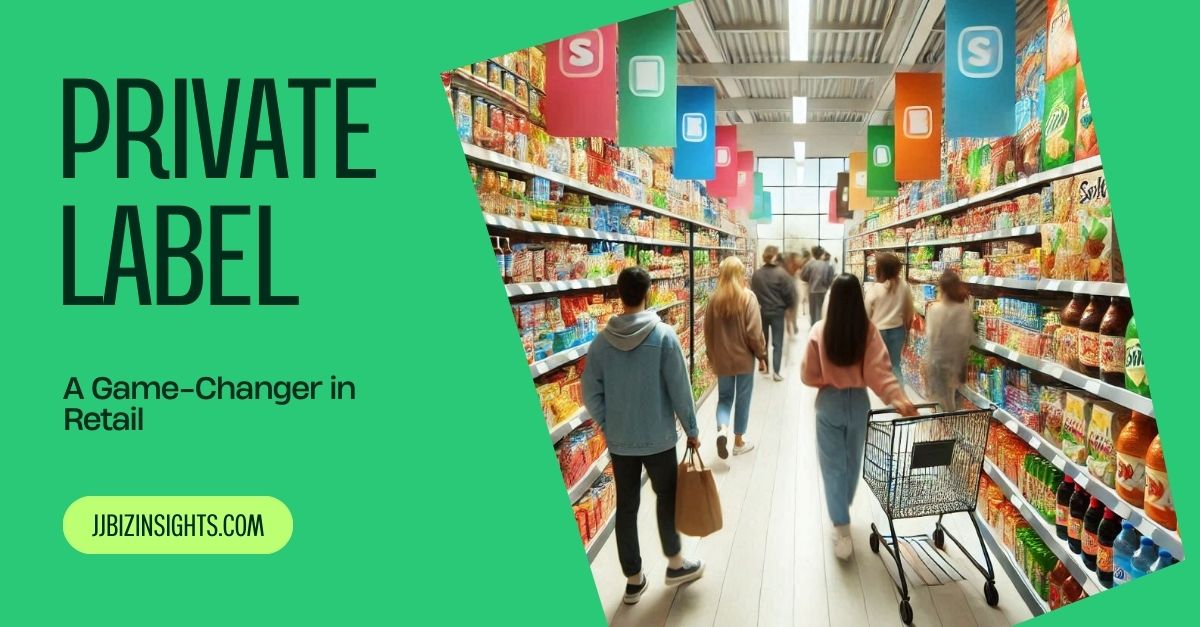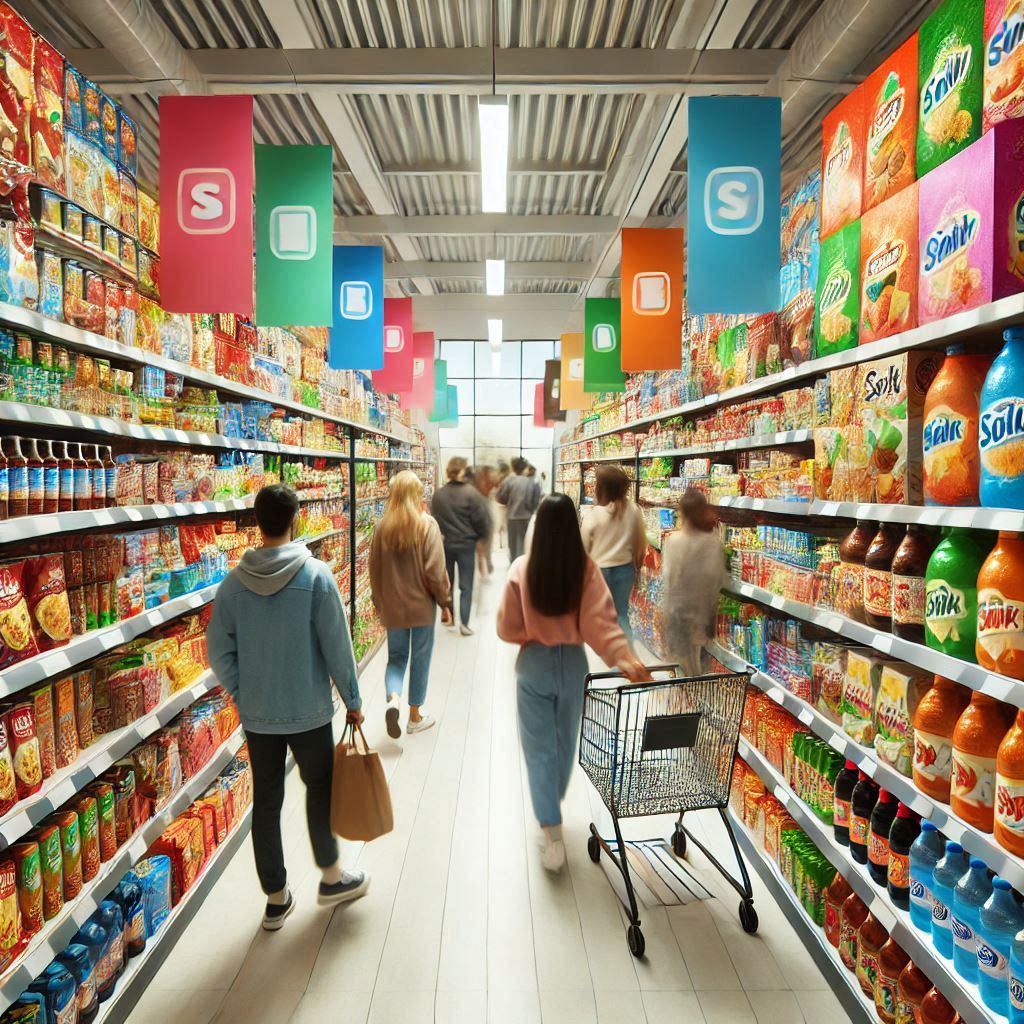
Private Label: A Game-Changer in Retail
In recent years, the private label market has seen remarkable growth, transforming the retail landscape and reshaping consumer perceptions. Retail giants like Walmart and Target have capitalized on this trend, leveraging their own private label brands to offer high-quality, affordable alternatives to traditional name brands. This blog explores the reasons behind the surge in private label popularity and its implications for the future of retail.
The Rise of Private Label Brands
PrivateLabel brands, also known as house brands, are products that retailers create and market under their own names. Unlike national brands, these products are exclusive to specific retailers. Historically viewed as lower-quality alternatives, private label products have undergone a significant transformation.
Retailers like Walmart and Target have made substantial investments in their own label lines, aiming to not only match but often exceed the quality of established brands. According to a report by Numerator, almost every U.S. household purchased at least one private label item in 2024. This surge in popularity is no coincidence, as consumers increasingly seek value without compromising on quality.
Walmart’s Big Move
One of the standout success stories in the private label arena is Walmart’s Bettergoods. The brand has experienced explosive growth, with sales surging over 200% in its first year. This impressive performance is a testament to Walmart’s commitment to delivering high-quality products at competitive prices.
Michael Zakkour, founder of consulting firm 5 New Digital, noted that own label brands have evolved from being “relegated to the bottom shelf” to offering products that are just as good, if not better, than their branded counterparts. This shift in perception has been instrumental in driving the own label boom.
The Appeal of Private Labels

Several factors contribute to the growing appeal of own label products. One significant driver is the rising cost of living and inflation, which has made value a crucial consideration for consumers. Reilly Newman, founder of marketing firm Motif Brands, explains that private label products provide a way for consumers to maintain quality without paying a premium for name brands.
Additionally, the way consumers view private label products has evolved. Elizabeth Lafontaine, director of research at foot-traffic analytics firm Placer.ai, highlights that retailers like Trader Joe’s have played a pivotal role in shifting perceptions, showing that private label products can be high-quality and desirable.
Private Labels Across Retail Sectors
While private label products have traditionally been associated with groceries and essentials, their reach extends far beyond. Retailers like Target have found notable success with own label clothing brands, such as Goodfellow and Cat and Jack. These brands offer stylish, affordable options that resonate with consumers.
The rise of online shopping has also played a crucial role in the success of own label brands. Platforms like Walmart and Amazon have leveraged their extensive reach to make own label products more accessible. This shift has prompted retailers to introduce cheaper alternatives across various categories, including pharmacy delivery.
Competitive Landscape
As own label products continue to gain ground, established brands are taking notice and adjusting their strategies. Retailers like Costco have set a precedent with their Kirkland Signature line, which accounts for 30% of the company’s total sales. Discount grocer Aldi focuses heavily on own labels to keep prices low, with house brands accounting for 80% of its total sales.
The Future of Private Labels
The recent rise of private label products is more than just a trend—it’s a fundamental shift in how we shop and perceive value. As these products continue to offer better quality at lower price points, consumers will likely continue to embrace them, especially if they address specific needs or gaps in the market.
Conclusion
In conclusion, the success of private label brands like Walmart’s Bettergoods and Target’s Dealworthy reflects a significant transformation in the retail industry. By offering high-quality alternatives at competitive prices, own label products are reshaping consumer behavior and driving innovation. As retailers continue to invest in and expand their own label offerings, the future of retail looks increasingly diverse and dynamic.
Stay tuned for more insights and updates on the evolving world of these private labels also referred to as own labels in this blog post.
What is Shrink in Retail? Staggering $60 billion in 2022
Unlocking the Power of Packaging Color Psychology: Make Your Brand Stand Out




